In your own words, what is Your Parenting Mojo and what are you trying to do with your podcast and community?
I started out with a mission of 'using research-based relationships to help kids thrive,' and over the last five years it's really become so much more than that. I see now more clearly than ever that so many of the societal problems we face (patriarchy, racism, climate change...) are ones that our children will need to think differently about to be able to solve, and that we can't expect them to do this if we raise them in the same way we were raised and teach them in the same way we were taught. So I'm really using scientific research and tools grounded in respectful parenting to raise whole people, who can work on solving the problems we face.
What is the biggest change that parenting and particularly your research around parenting and developing has had on you as a person?
Scientific research on parenting and child development has profoundly shifted my parenting as well as my understanding of myself. The research gives me the confidence to choose tools that I know are right, and my education (I have a Master's in Psychology focused on Child Development and another in Education) provides the framework that those tools sit within. But the more I keep reading, the more I find that that framework that's grounded in traditional cultural norms is not complete. How is it possible that I didn't know that my body has useful things to tell me about my experience, and that my understanding isn't just located in my brain, until a year ago? Because the culture I was raised within didn't think it was important to teach me that. I know differently, so now I'm re-working my own understanding of these issues at the same time as I'm trying to raise my daughter.
How is your respectful parenting approach a feminist parenting?
Honestly, until probably a year ago, it wasn't. I had a series of conversations with an amazingly smart and compassionate friend of mine, Brian Stout, and he published a 4-part newsletter on what patriarchy is, how it hurts both men and women, and what we can do about it. I invited him to come on the podcast to discuss it and we started dreaming about ideal guests. In the end Dr. Carol Gilligan, who has been writing about these issues for decades, was kind enough to come and talk with us. It was through that conversation and the follow-up podcast interview where Brian and I talked about the implications that this has for how we want to raise our children that I really shifted my approach. I had always believed that girls can and should do everything boys can do. But now I believe in the value of teaching both girls and boys about caring, and truly knowing themselves, and relationships.
What is Feminism for you?
Supporting both men and women, boys and girls to express the full range of their knowledge and emotions so they can be whole people, rather than fracturing off the part of them that isn't socially acceptable.
Which “everyday sexism” really bothers you?
Girls should be encouraged to pursue STEM careers, but neither boys nor girls are encouraged to pursue careers in professions that involve nurturing, because this knowledge and these skills aren't valued.
Do you remember when you start identifying as a Feminist and why?
Only within the last year or so. Before that I never really thought much about it, but just assumed that being a feminist meant not wearing bras or shaving. Which it can. But it doesn't have to mean that.
Who is your biggest feminist role model?
My friend Brian Stout, a white, cis-het male, who is working on on an intiative to build a world where everyone belongs - in the full expression of their humanity.
What is your favourite Feminist quote?
"In that moment, I felt again the exquisite freedom and pleasure of being myself in a relationship. Why, for all the riches in the world, would I give this up?" - Carol Gilligan
What is your proud feminist victory?
I don't really think of this in terms of victories...I think that's part of patriarchal culture. I like to think of the healing that needs to happen, which is ongoing every day, rather than happening in big events.
What is your feminist recommendation?
- Book: I can only recommend Dr. Carol Gilligan's work at this point...Why Does Patriarchy Persist (with Naomi Snider) is really good.
What is your feminist call of action to whoever is reading?
If we don't raise our children differently than the way we were raised, and teach them differently than we were taught, patriarchal culture will continue for another generation. One of the most powerful tools we have to change this is in the way we raise our children. The questions we ask them; the things we tell them or imply that are 'normal'; the way we raise our eyebrow when they play with a certain kind of toy. This is an ongoing learning for ourselves and conversation with our children.

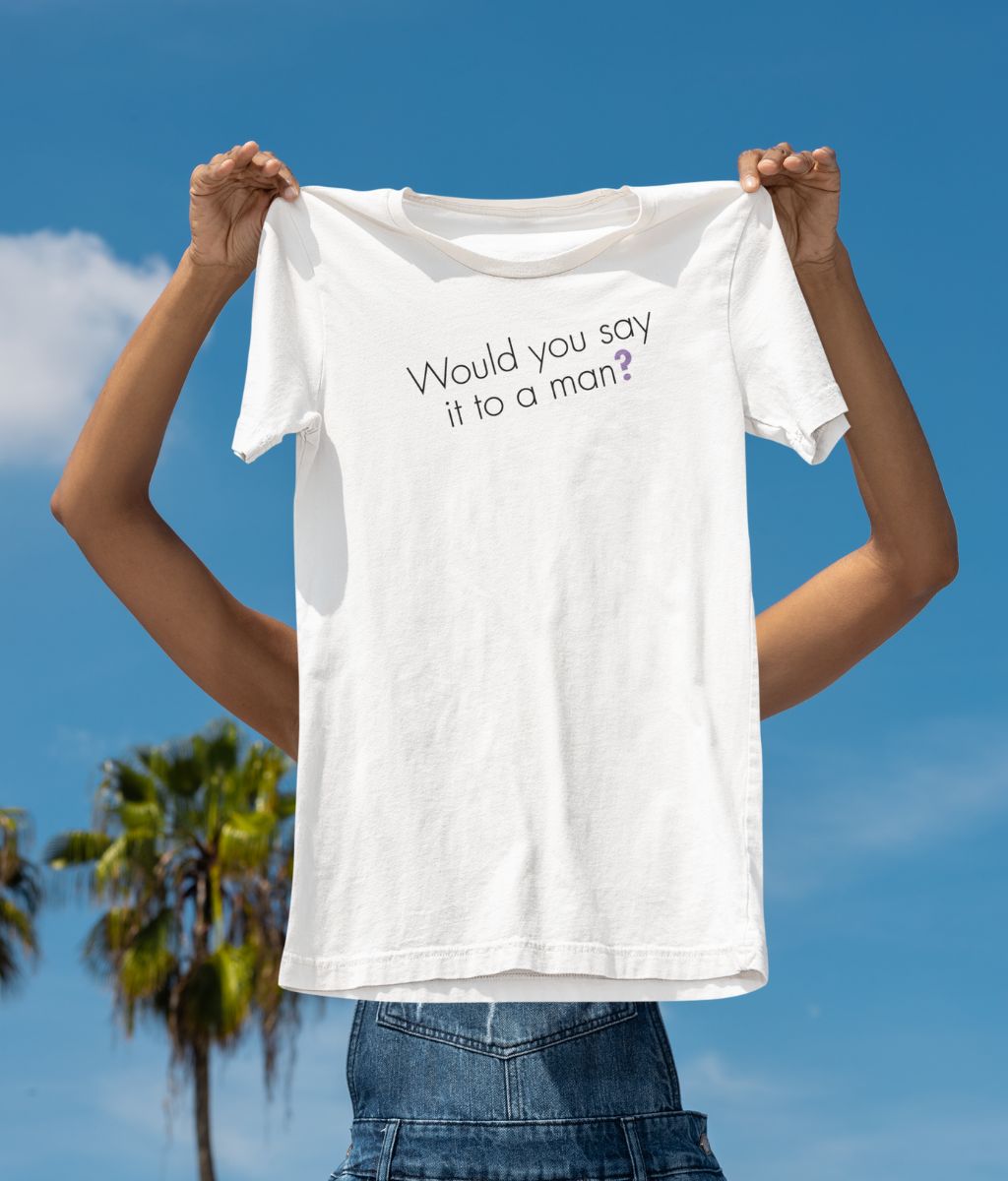
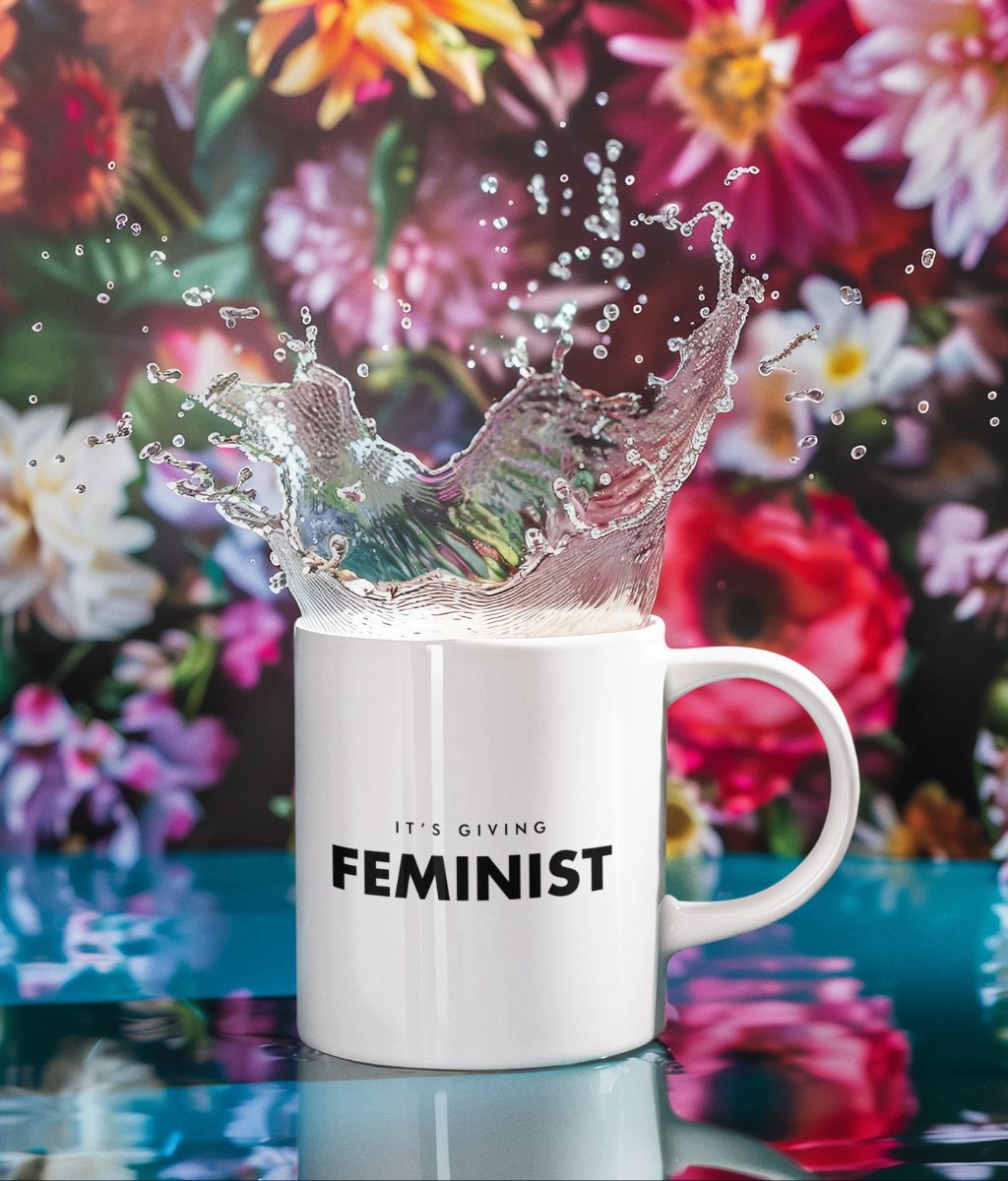

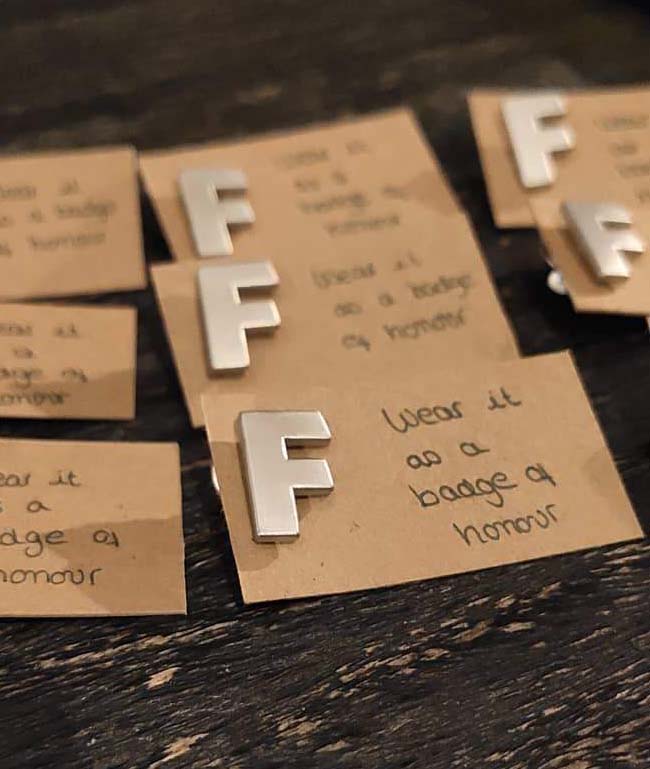
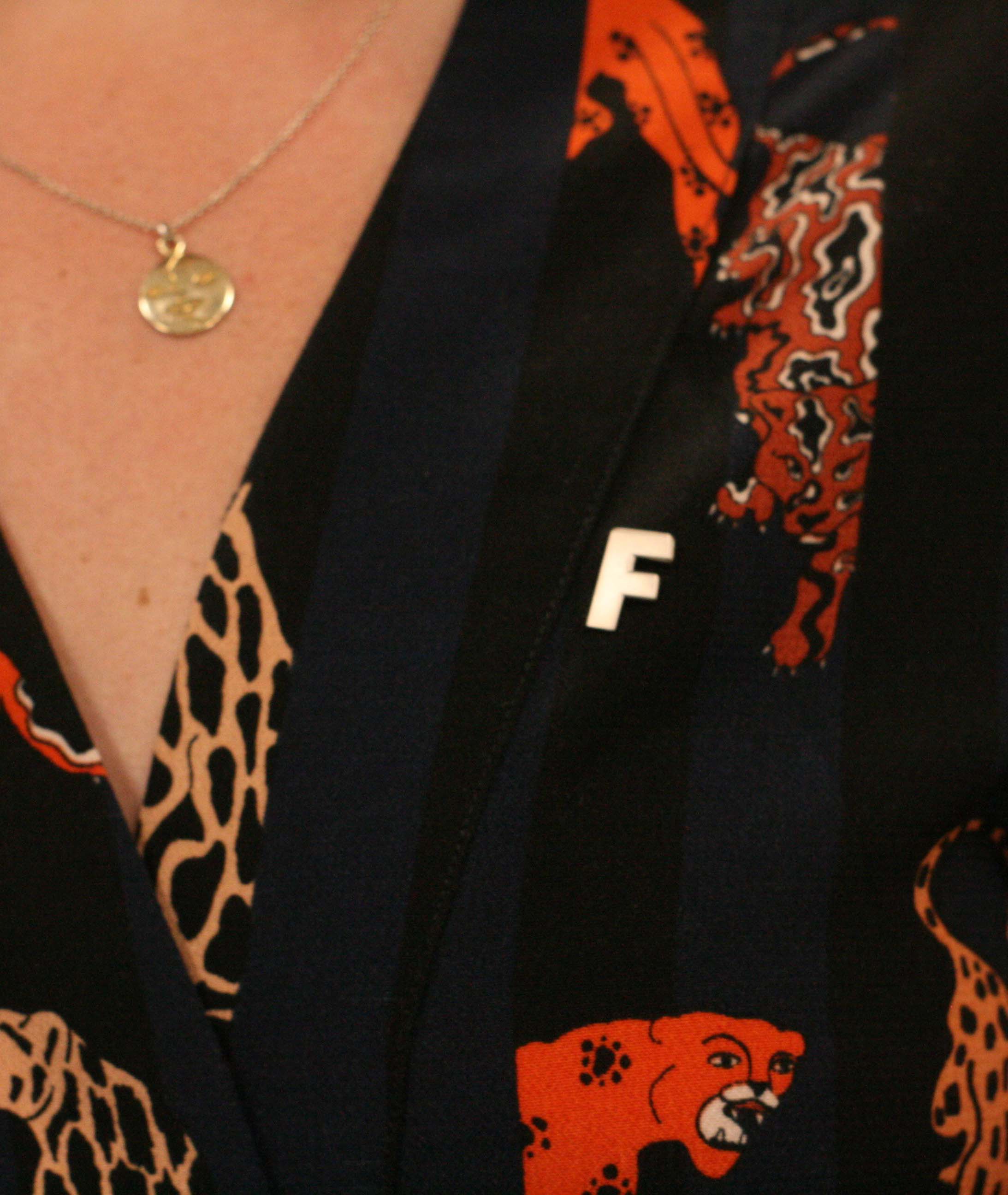
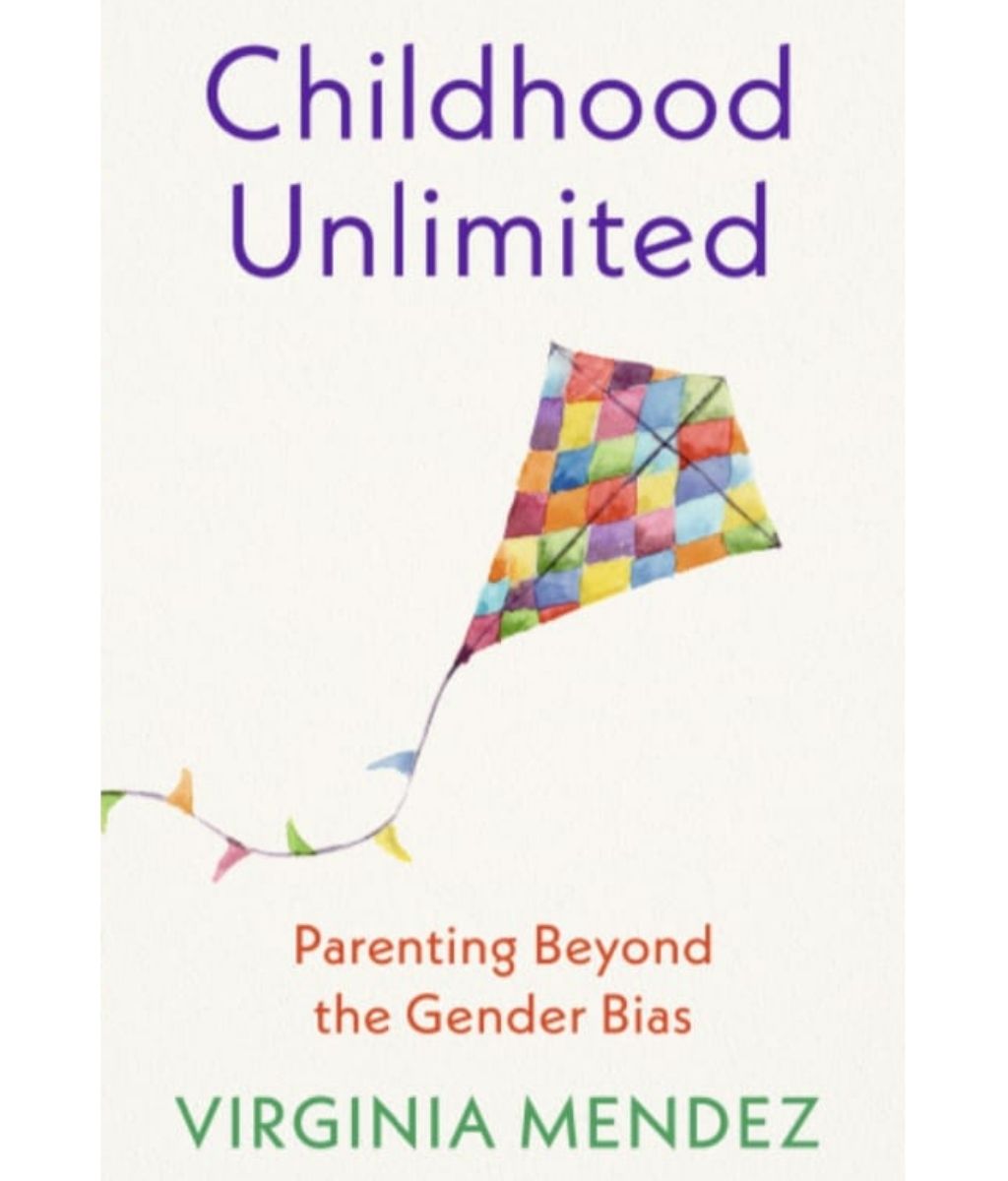
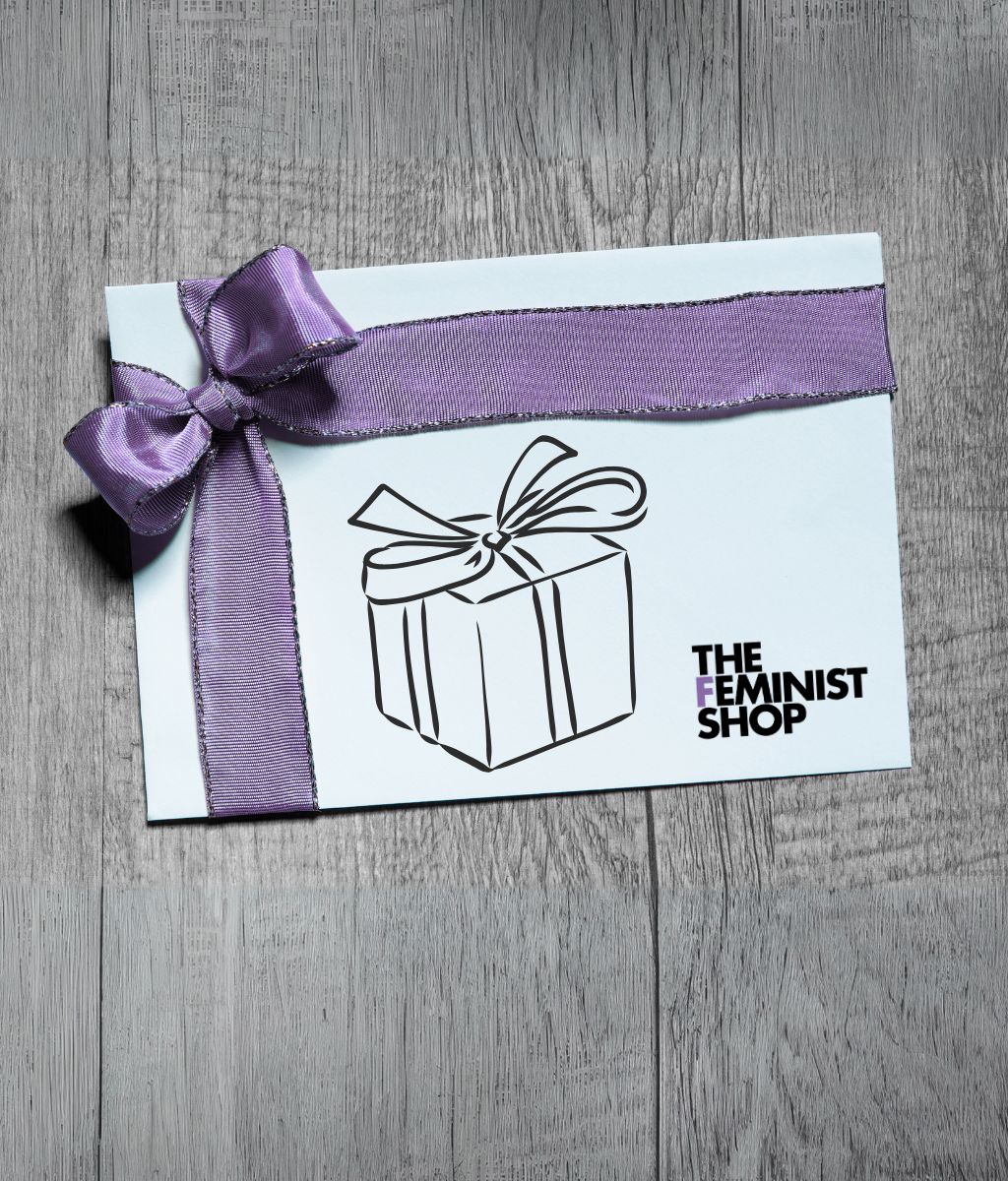
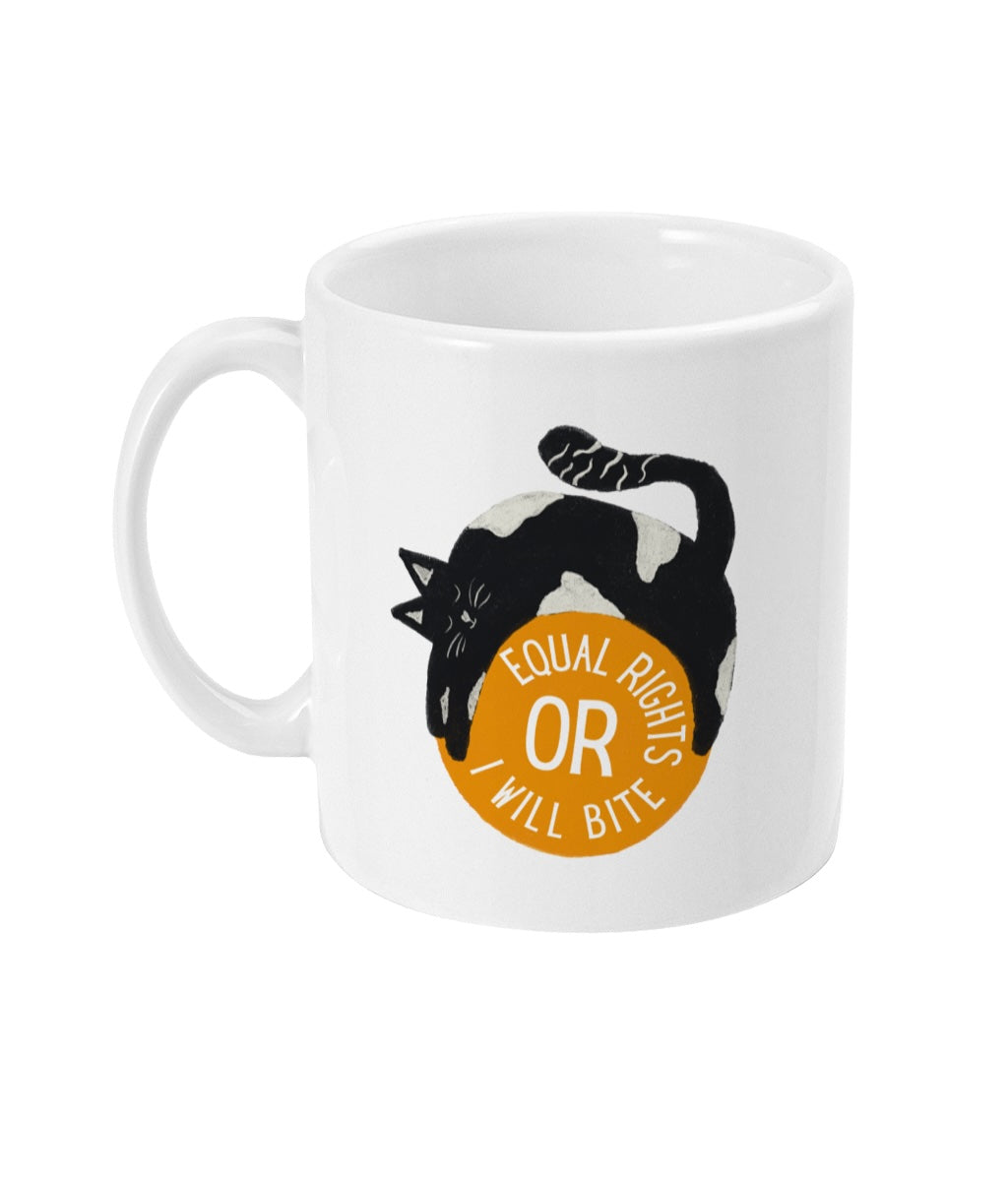
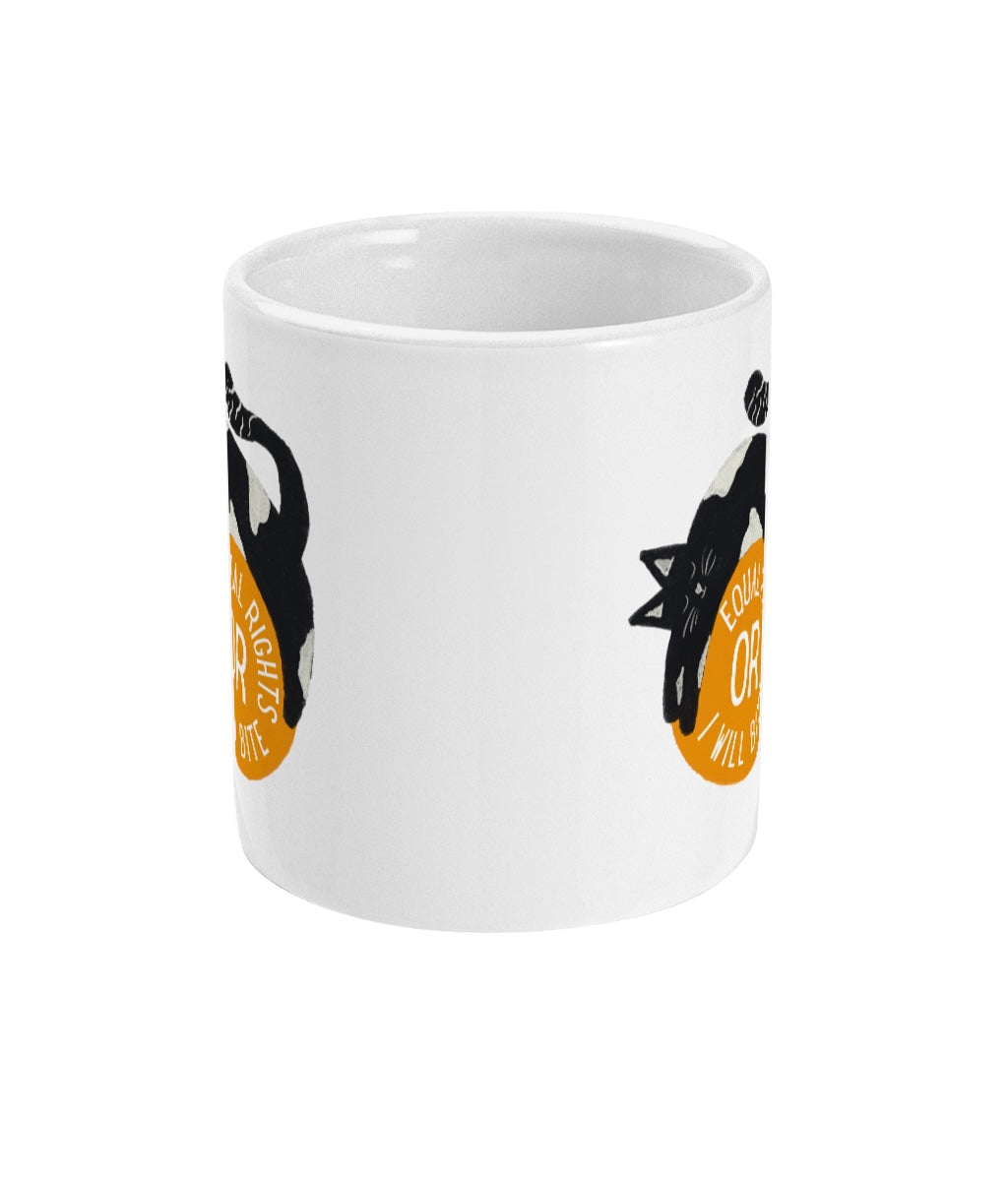
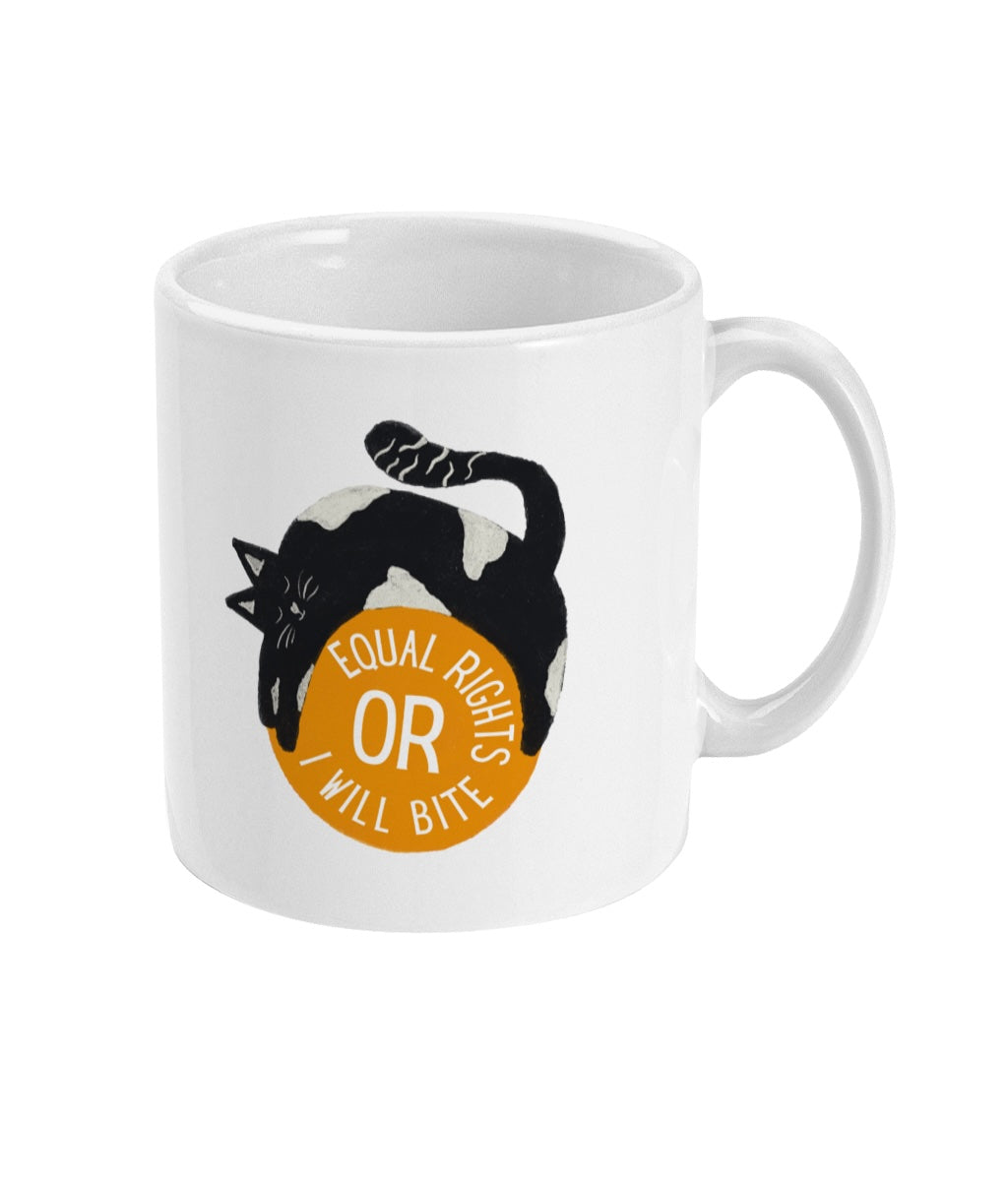
0 comments